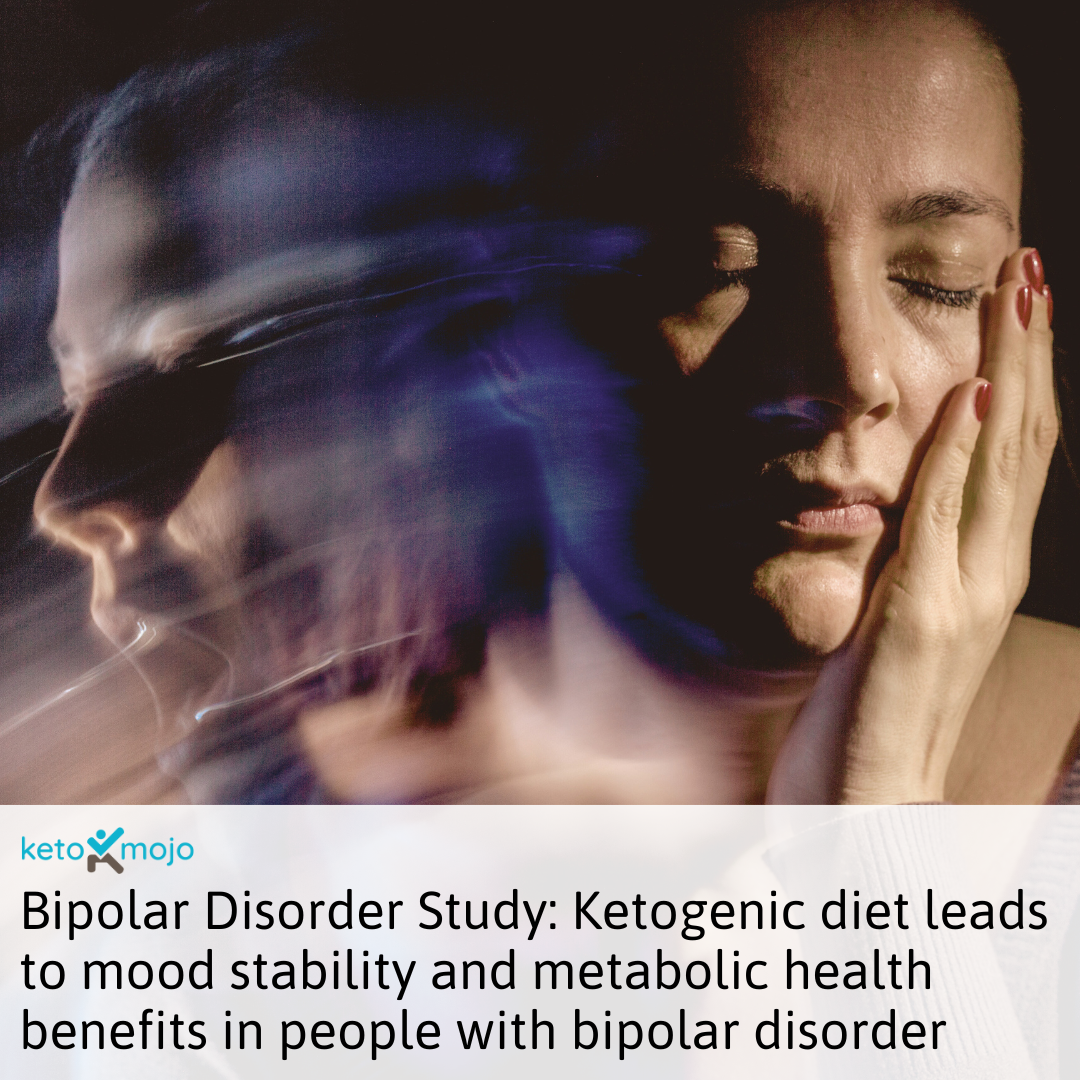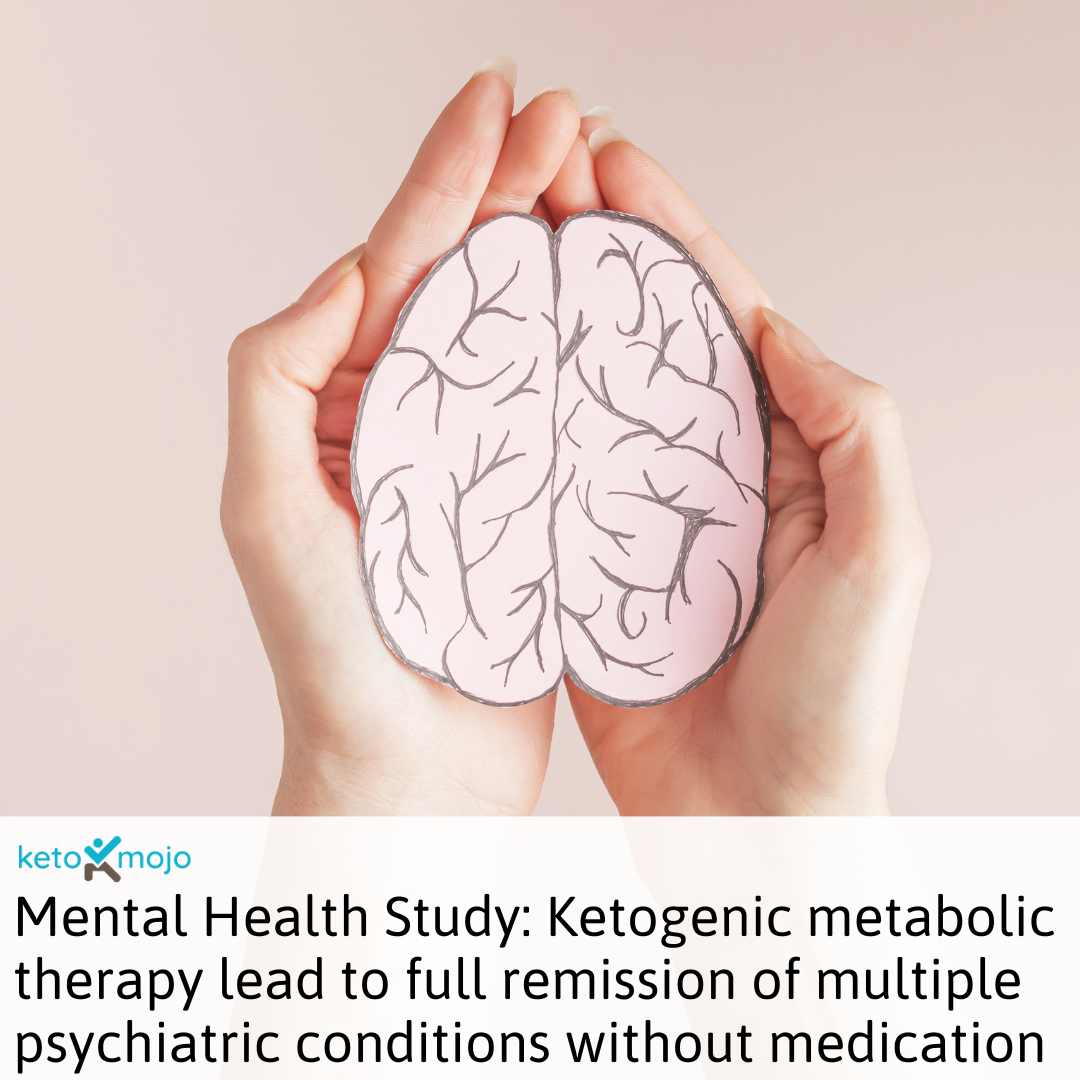Psychiatric Disorders
Pilot study of a ketogenic diet in bipolar disorder

Bipolar disorder is serious psychiatric condition marked by mood swings between mania and depression, requiring long-term treatment. Despite existing therapies, many patients experience persistent symptoms.
The ketogenic diet, known for its neuroprotective and mood-stabilizing effects, is hypothesized to improve mood symptoms and metabolic health in this population. Recently, a Scottish research team conducted a clinical trial to evaluate its potential benefits for individuals with bipolar disorder.
In this pilot trial, 27 adults diagnosed with bipolar disorder type I or II were asked to follow a modified ketogenic diet for 6 to 8 weeks. Participants checked their blood ketone and blood glucose levels at home daily and had remote contact with a registered dietitian weekly during the trial.
Key findings in the 20 participants who completed the trial:
· Blood ketones: 91% of readings were within the nutritional ketosis range, averaging 1.3 mmol/L.
· Blood glucose: 91% of readings were within normal range; the remainder were indicative of mild hypoglycemia.
· Weight loss: 52% of participants lost more than 5% of their body weight.
· Feasibility and safety: The ketogenic diet was well-tolerated by most participants; the most common side effects were fatigue, constipation, and hunger.
These results suggest that a ketogenic diet may be a feasible and beneficial adjunctive treatment for improving mood stability and metabolic health in people with bipolar disorder. This pilot study lays the groundwork for future exploration into ketogenic metabolic therapy for bipolar disorder.







